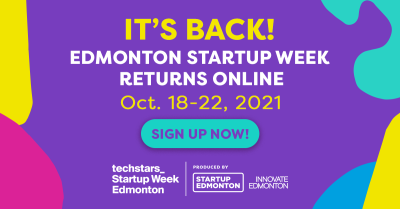
New candidates more interested in freezing Edmonton police budget than incumbents are
A recommendation to freeze the Edmonton Police Service's $450-million budget has the support of 26 of the candidates seeking election on Oct. 18, including four mayoral candidates, according to a Taproot Survey question.
But the incumbents seeking re-election are either in favour of increasing the police budget according to the current funding formula, or they chose not to answer.
Edmontonians who participated in Taproot's People's Agenda project were clear that examining police funding was important to them, particularly in light of the public hearings into racism and policing that led to the creation of the Community Safety and Well-Being Task Force.
The task force identified a number of longstanding problems that it attributed to systemic racism and discrimination, and it made 14 recommendations to deal with them. Thirteen were unanimously approved by council earlier this year.
But the 14th recommendation — that funding be brought in line with comparable cities and a portion tied to specific performance, with a further suggestion to reinvest the savings into social services and "other community safety ecosystem needs" — was sidelined by a request for further data from city administration. Mayor Don Iveson was reluctant to accept that recommendation, saying "this council cannot make financial decisions for the next council."
Administration is expected to report back in the first quarter of 2022.





